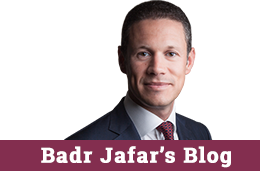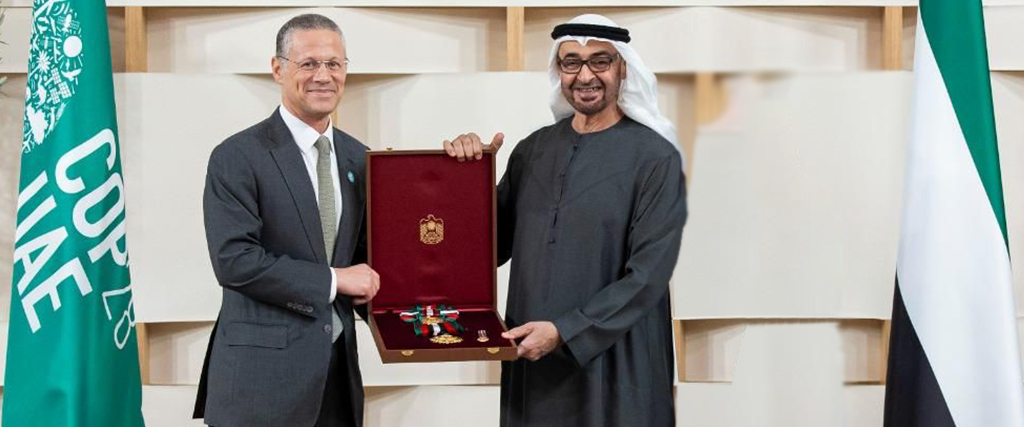Education & Employment: The Keys to Increasing Women’s Economic Participation in the Middle East
I believe the same principle applies at the economic level, and that increasing women’s economic participation through education, employment and nurturing entrepreneurialism, produces lasting benefits for both individuals and the communities to which they belong.
In many parts of the Middle East and North Africa (MENA), the economic participation of women has risen significantly in recent decades. At the heart of this process has been the provision of expanded access to education, professional development and employment opportunities.
It should go without saying, but there is significant evidence that increased female involvement in decision-making delivers important benefits to a business and an economy more broadly.
For example, a study of Fortune 500 companies by Catalyst found that firms with the highest proportion of female Board Directors outperformed those with the least by 66%. The Credit Suisse Research Institute has found that over the past six years, companies with at least one woman on their boards have outperformed those with none by 26%.
Despite the evidence, there is still a long way to go. According to the UK’s Equality and Human Rights Commission, at the current rate of change it will take more than 70 years to achieve gender-balanced boardrooms in that country’s largest 100 companies.
However, I see signs closer to home to make me more optimistic. According to Al Masah Capital, women already own or run approximately 30% of small and medium enterprises in the United Arab Emirates. The Arab Women Leadership Outlook suggests that one in every eight firms in the MENA region is female-owned, and more than 30% of female entrepreneurs in the region own large firms employing more than 250 workers.
Within family-owned companies, which have historically been the backbone of our regional economies, the signs are also positive. Last year, the Pearl Initiative – an initiative I founded in partnership with the United Nations Office for Partnerships to promote good corporate governance – conducted interviews with more than 100 family-owned companies from across the Gulf Cooperation Council (GCC) and found that 32% had female representation on their boards.
There are many things individuals, businesses and governments can do to harness this growing momentum and further embed the culture of increased women’s participation into our economic existence. To begin with, we must continue to make the case for greater female economic participation in the MENA region, and ensure women have the tools they need to succeed in a regional job market characterized by high rates of youth unemployment.
One organization contributing to that process is Education for Employment (EFE). With a network of not-for-profit organisations throughout the Middle East and North Africa, EFE seeks to tackle regional youth unemployment, including among young women, through a combination of education, facilitation and support. Specifically, EFE delivers training tailored to the needs of the job market, connects graduates with employment opportunities, and provides ongoing support for job seekers and entrepreneurs.
For employers, the retention of women must also be made a priority. Employers that can retain and promote women through the provision of strong HR support at pivotal points in their careers, flexible working options where they are required and structured mentoring will undoubtedly reap the benefits of this investment over time.
With the ILO reporting that average youth unemployment in the Middle East and North Africa stands the highest in the world at above 25%, there remains a tremendous amount of underutilized productive capacity in the region. As a direct result, potentially transformative opportunities for individual, social and economic development are not being realized.
It is only through the twin pillars of education and employment that the economic participation of women in the MENA region can be expanded both now and in the future, for the benefit of both our economies and our societies.
This post is part of a series produced by The Huffington Post and Education For Employment (EFE) in conjunction with Arab World Mother’s Day. The series highlights the collective personal, societal and economic impact of women employees, employers and entrepreneurs in the Arab world. EFE’s mission is to create job and entrepreneurship opportunities for unemployed youth in the Middle East and North Africa. For more information about Education For Employment click here.
As featured on The Huffington Post on 23rd March 2014..

 Tweets by @BadrJafar
Tweets by @BadrJafar




